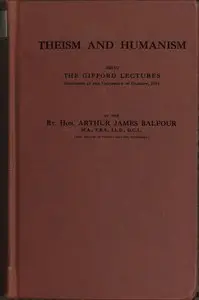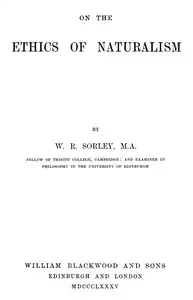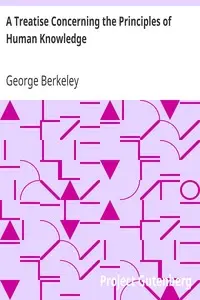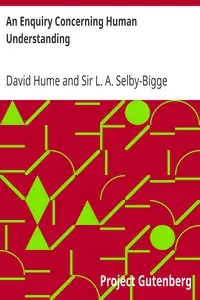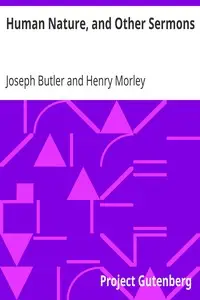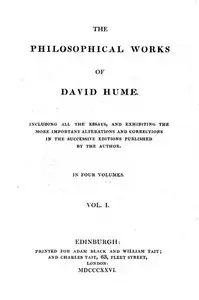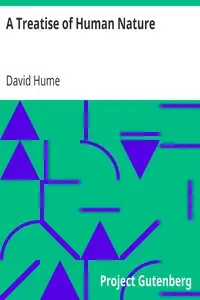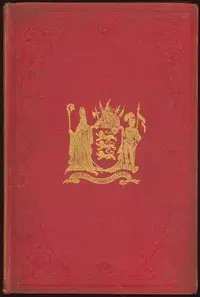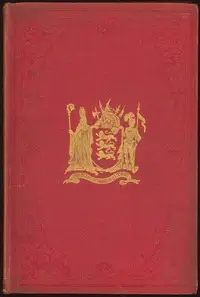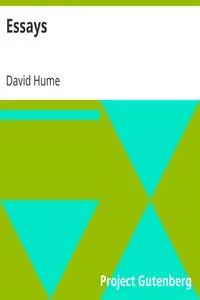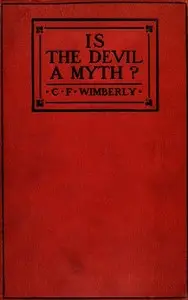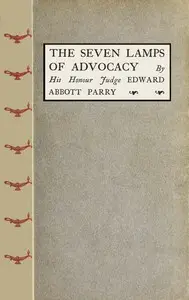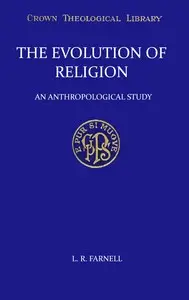"A Treatise of Human Nature" by David Hume is a philosophical study from the 1700s that uses hands-on methods to look at human thought, morals, and how we know things. The work asks big questions about how people think and see the world, including what makes us do what we do. It starts by explaining that Hume wants to use experiments to study human nature, which was different from how people thought before. It looks at old ideas, like those from John Locke, and wonders if what we think we know is really true. Hume breaks down the basics of knowledge, studies our thoughts and senses, and asks tough questions about how sure we can be about anything, making us rethink what it means to truly understand the world.
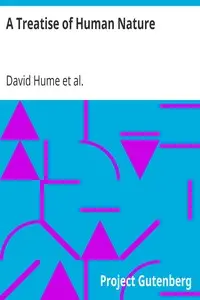
A Treatise of Human Nature Being an Attempt to Introduce the Experimental Method Into Moral Subjects; and Dialogues Concerning Natural Religion
By David Hume
Venture into the world of 18th-century philosophy to explore a groundbreaking approach to understanding human behavior, knowledge, and morality through radical skepticism.
Summary
About the AuthorDavid Hume was a Scottish philosopher, historian, economist, and essayist who was best known for his highly influential system of empiricism, philosophical scepticism and metaphysical naturalism. Beginning with A Treatise of Human Nature (1739–40), Hume strove to create a naturalistic science of man that examined the psychological basis of human nature. Hume followed John Locke in rejecting the existence of innate ideas, concluding that all human knowledge derives solely from experience. This places him with Francis Bacon, Thomas Hobbes, John Locke, and George Berkeley as an empiricist.
David Hume was a Scottish philosopher, historian, economist, and essayist who was best known for his highly influential system of empiricism, philosophical scepticism and metaphysical naturalism. Beginning with A Treatise of Human Nature (1739–40), Hume strove to create a naturalistic science of man that examined the psychological basis of human nature. Hume followed John Locke in rejecting the existence of innate ideas, concluding that all human knowledge derives solely from experience. This places him with Francis Bacon, Thomas Hobbes, John Locke, and George Berkeley as an empiricist.

